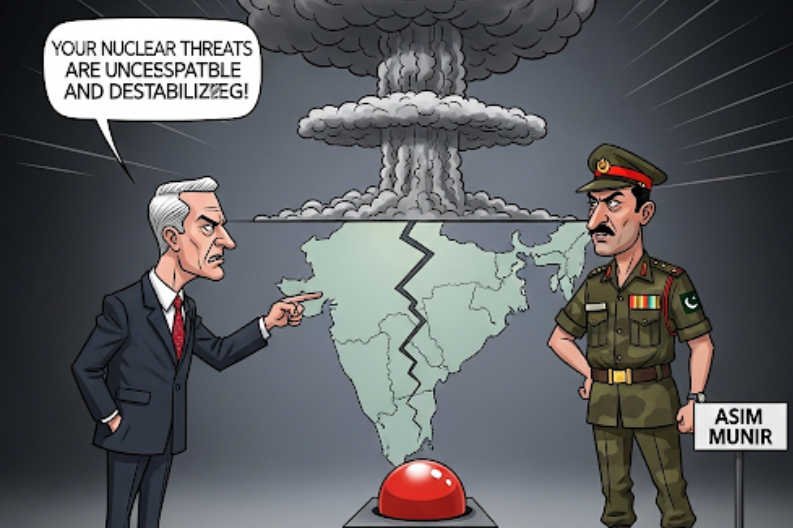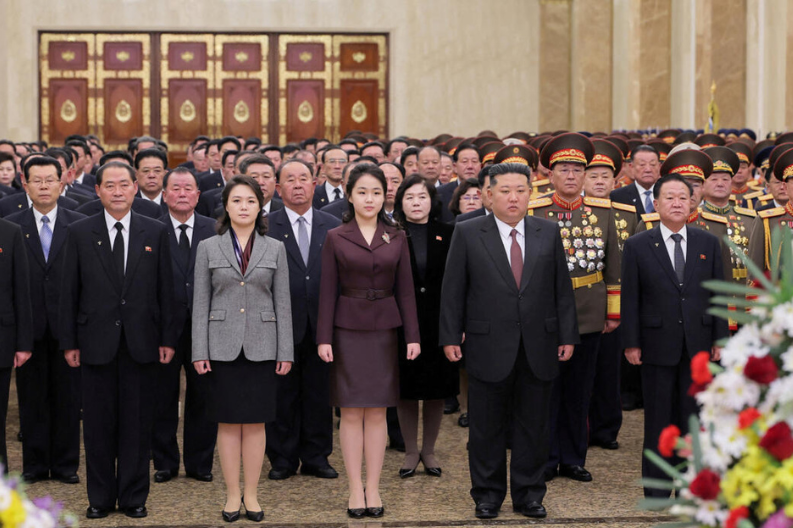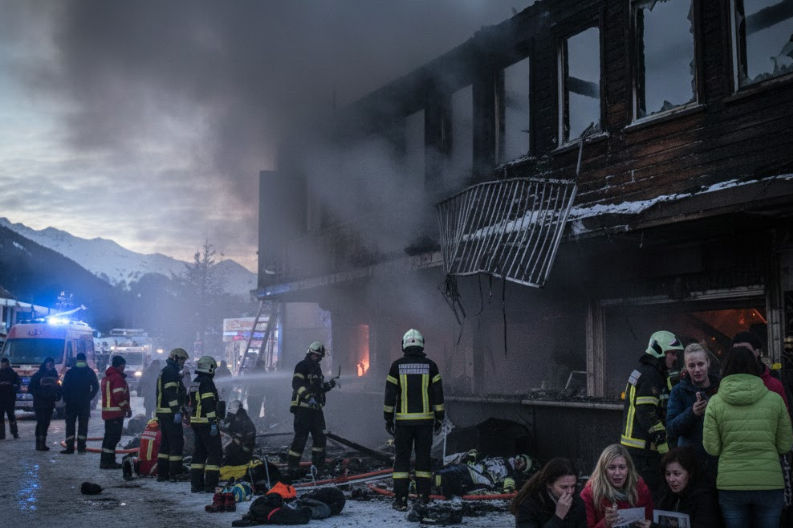Pakistani Army Chief Asim Munir’s recent visit to the United States has sparked controversy after his remarks on nuclear weapons. This was his second trip since fighting broke out between India and Pakistan. During meetings with U.S. military officials in Florida, Munir declared that Pakistan would “take half the world down” if threatened by India. His statements quickly drew strong criticism, especially from Michael Rubin, a former Pentagon official.
Rubin described Munir’s remarks as reckless. He compared them to rhetoric used by terrorist groups like ISIS and Osama Bin Laden. According to Rubin, such statements raise doubts about Pakistan’s ability to act as a responsible state. “Pakistan is raising questions in many people’s minds about whether it can fulfill the responsibilities of being a state,” he said. He suggested that the U.S. should consider stripping Pakistan of its status as a major non-NATO ally and even ban Munir from entering the country.
Rubin’s criticism was blunt. He said that within half an hour of making such remarks, Munir should have been escorted to Tampa International Airport and flown out of the United States. He also warned that Americans often misunderstand terrorism as merely grievance-based, when it is often ideological. Rubin concluded by calling Munir “Osama bin Laden in a suit,” showing the seriousness of the issue.
Munir’s comments about Pakistan’s nuclear stance created unease among U.S. officials and the wider international community. He insisted that Pakistan would defend its national interests at any cost. “We are a nuclear nation; if we think we are going down, we’ll take half the world down with us,” he said.
India reacted strongly to these remarks. The Ministry of External Affairs (MEA) criticized what it termed Pakistan’s “nuclear sabre-rattling.” It expressed concern over the security of Pakistan’s nuclear command. The MEA said that such threats are a familiar tactic by Pakistan to exert pressure, but they deepen doubts about Islamabad’s credibility as a responsible nuclear power.
The issue also connects to the broader regional context. Punjab, a key state in India with a long history of cross-border tensions, remains vulnerable to instability linked to terrorism and nuclear threats. Chandigarh, its capital, lies close to the India-Pakistan border and plays a critical role in maintaining stability in the region.
Munir’s statements reflect a dangerous trend of nuclear rhetoric in South Asia. India and Pakistan have long used such threats as part of their political posture. This kind of talk fuels uncertainty, raises tensions, and undermines peace efforts.
The path forward demands restraint and dialogue. Analysts argue that both India and Pakistan must avoid dangerous nuclear talk. Instead, they should focus on trust-building measures and peaceful engagement. Responsible communication is essential to prevent fear, miscalculation, and escalation.
Munir’s controversial remarks have sparked debate in Washington, New Delhi, and beyond. They highlight the fragility of South Asian security and the urgent need for responsible leadership to protect both the region and global stability.



